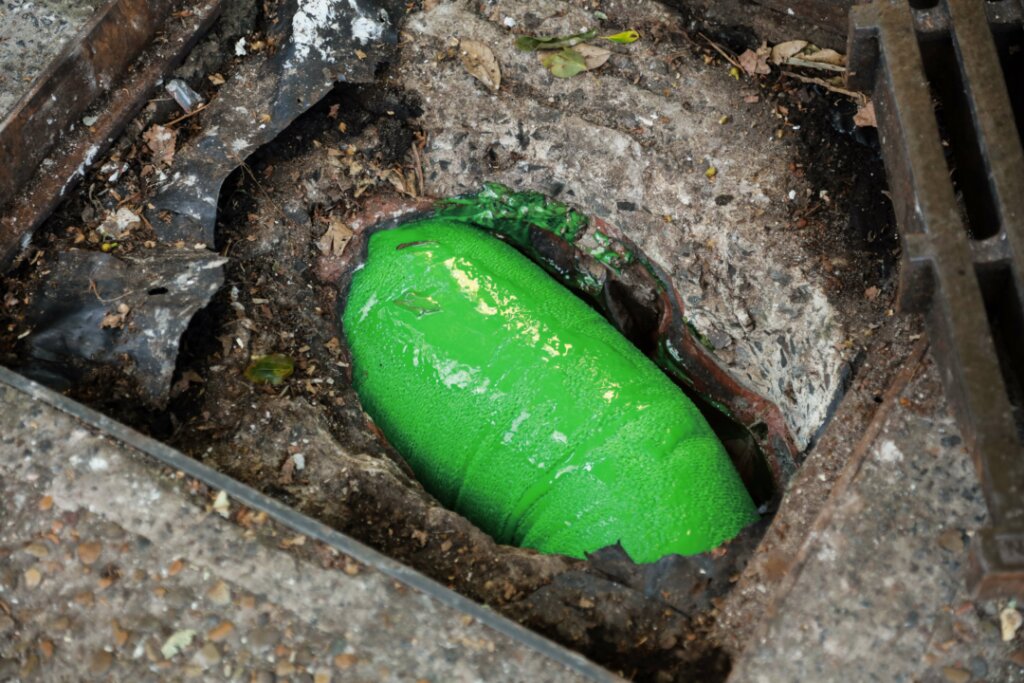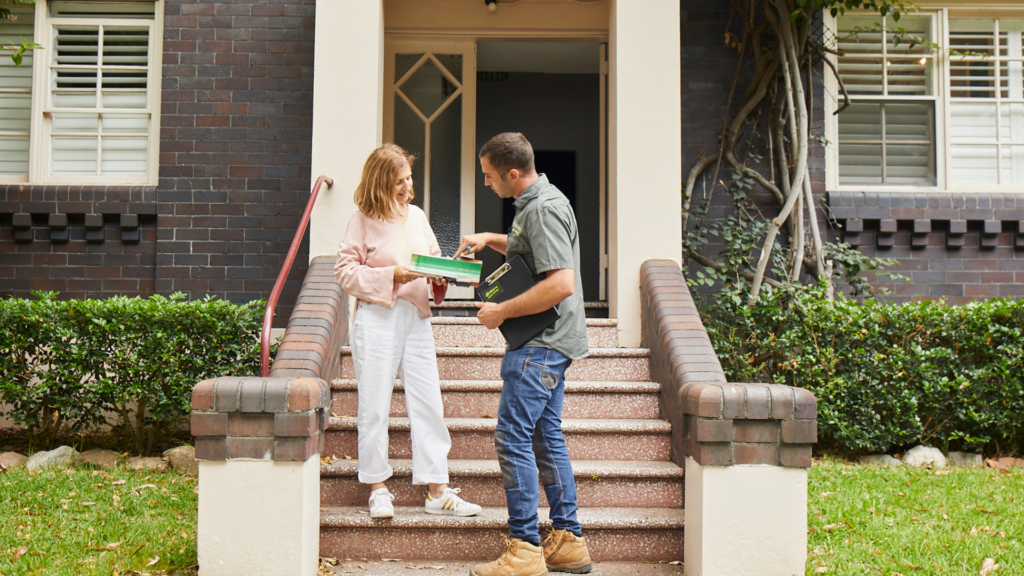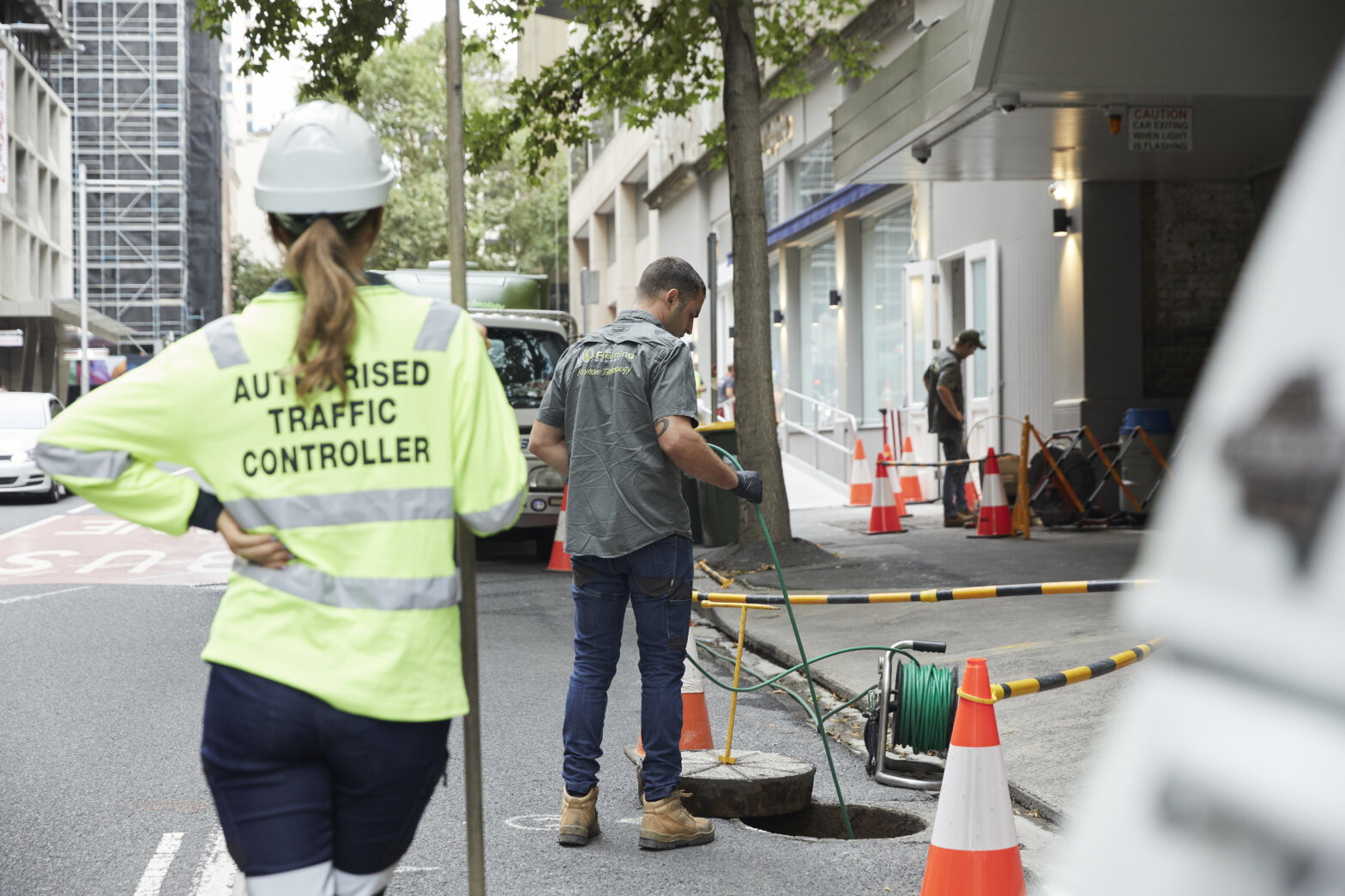While we’re blessed to live in a country with some of the best quality drinking water in the world, recent reports of elevated lead levels in NSW drinking water have sparked real concern. Here at The Relining Company, we’re receiving more enquiries from residents and strata managers wanting to know whether pipe relining can help. The short answer is yes, especially in older homes, schools, and unit blocks with ageing plumbing.
In fact, we’ve already helped several clients tackle potential lead contamination through safe, trenchless relining solutions. Here’s everything you need to know about lead in old pipes, how it affects your water, and how pipe relining offers a smart, long-term fix.
Why Lead Contamination in Drinking Water Is a Growing Concern
Lead in water usually refers to dissolved lead ions that have leached from plumbing materials, though in some cases, particulate lead may also be present. The health risks, especially in drinking water, are serious. Even low levels of lead can cause developmental problems in children, which is why the reported elevated lead levels in the water supplies of some schools make pipe relining so important.
Moreover, lead in water can impact kidney function and raise blood pressure in adults. What makes it particularly dangerous is that it’s tasteless and odourless, so you might be drinking it without even knowing.
Common Sources of Lead in Plumbing

The root of the issue is ageing infrastructure and the impact of old pipes on water quality. Many properties across NSW still have old copper or galvanised pipes joined with lead solder or brass fittings, or even full lead service lines. When these start to corrode, lead particles can leach into your tap water, becoming a risk every time you drink, cook, or bathe.
Actions You Can Take Right Now to Reduce Risk
The good news is, there are steps you can take to reduce your risk of lead exposure:
- Flush your taps for a few minutes each morning
- Use cold water for cooking and drinking
- Install tap filters for drinking water
If you’re really concerned about lead in your water, get your water tested by a plumber and identify if your property may contain lead piping. You can then decide on the next step.
If you do find that you have a lead problem, instead of having your entire piping replaced, which is a costly and disruptive process, you might want to consider pipe relining. In short, pipe relining is a trenchless plumbing method that involves inserting a durable, resin-coated liner into an existing pipe to create a new, seamless inner surface. No excavation required.
How Pipe Relining Reduces Lead Risk
Pipe relining provides a protective internal barrier within your existing pipes. By creating a seamless, jointless lining, it prevents drinking water from coming into contact with the original lead pipe surfaces. As a result, it effectively seals away the source of contamination.

Furthermore, the epoxy resins and liners used in modern drain pipe relining are tested to meet Australian standards for potable water safety, so you get peace of mind that you have a reliable and safe long-term solution. To further add to your peace of mind, most relining products come with warranties of up to 50 years and are resistant to chemical leaching. Still, after relining, your plumber should test and verify the water quality.
Pipe Relining in NSW: Regulations and Best Practices
When relining pipes in New South Wales (including Sydney Water’s network), all materials used in potable water systems must be certified to Australian standards, such as AS/NZS 4020. This ensures the product won’t leach harmful chemicals into your water supply. For example, because we use epoxy resins, we test them for durability, toxicity, and long-term safety. That’s why we cannot stress enough the importance of choosing a qualified and licensed pipe relining specialist.
Here at The Relining Company, we only use approved materials and adhere to strict quality control protocols by your local council, so you can feel confident your water remains clean, safe, and lead-free for you and your family.
Why Regular Inspections Are Important
Even if your relining is completed to the best standard, we suggest carrying out regular inspections, especially in older homes or areas with complex pipe networks. Post-relining CCTV drain inspections help verify that the liner remains intact and that no new issues (like tree root intrusion or shifting soil) are threatening your plumbing system, including sewer pipes and your hot water system. Regular maintenance ensures the long-term performance of your relined pipes and keeps your drinking water safe for years to come.
Traditional Replacement vs. Pipe Relining: What’s the Difference?
Now, you might be wondering—why not just go the traditional route and replace the pipes altogether? While full pipe replacement has long been the standard fix for lead plumbing, it usually involves digging up your yard, floors, or driveways. Not only is this process invasive and time-consuming, but it’s also expensive and you’re also paying significantly more in labour costs.
By contrast, trenchless pipe relining offers a faster, less disruptive solution. Relining is often more cost-effective in the long run and can be completed in a fraction of the time, sometimes within one day and with minimal impact on your home or routine.
Is Pipe Relining Right for Your Property?
So, the question is then—is pipe relining the right solution for your home or building? If your property was built before the 1970s, there’s a fair chance lead pipes, soldering or other chemicals might be present. Look out for signs like metallic-tasting water, discoloured water from the kitchen tap, or consistently high lead readings on water tests, and consider these all red flags. If you haven’t had your water tested recently, now’s a good time.

Final Thoughts + Next Steps
It’s clear that lead contamination in drinking water is a serious issue, but rest assured, modern solutions like pipe relining offer a safe, effective solution without the mess of full pipe replacement. It gives your plumbing system a new lease of life.
If you’re concerned about lead in your water or suspect your property might have outdated pipework, book a professional pipe inspection today. The friendly and experienced technicians at The Relining Company are here to ensure safe drinking water supply for you and your family.
Frequently Asked Questions
Can lead pipes be relined?
Yes, they can be relined using trenchless methods to create a protective barrier that prevents water from contacting the lead surface.
What are the side effects of drinking water from lead pipes?
Drinking water from lead plumbing can cause serious health issues, including developmental delays in children and kidney or neurological problems in adults.
What to do if your water tests positive for lead?
Stop drinking the water, use bottled or filtered water and contact a licensed plumber to inspect your pipes and recommend a long-term solution to get clean drinking water.
What is the guideline for lead in drinking water in Australia?
The Australian Drinking Water Guidelines recommend a maximum lead concentration of 0.005 mg/L (10 µg/L) in drinking water.
Back to Top